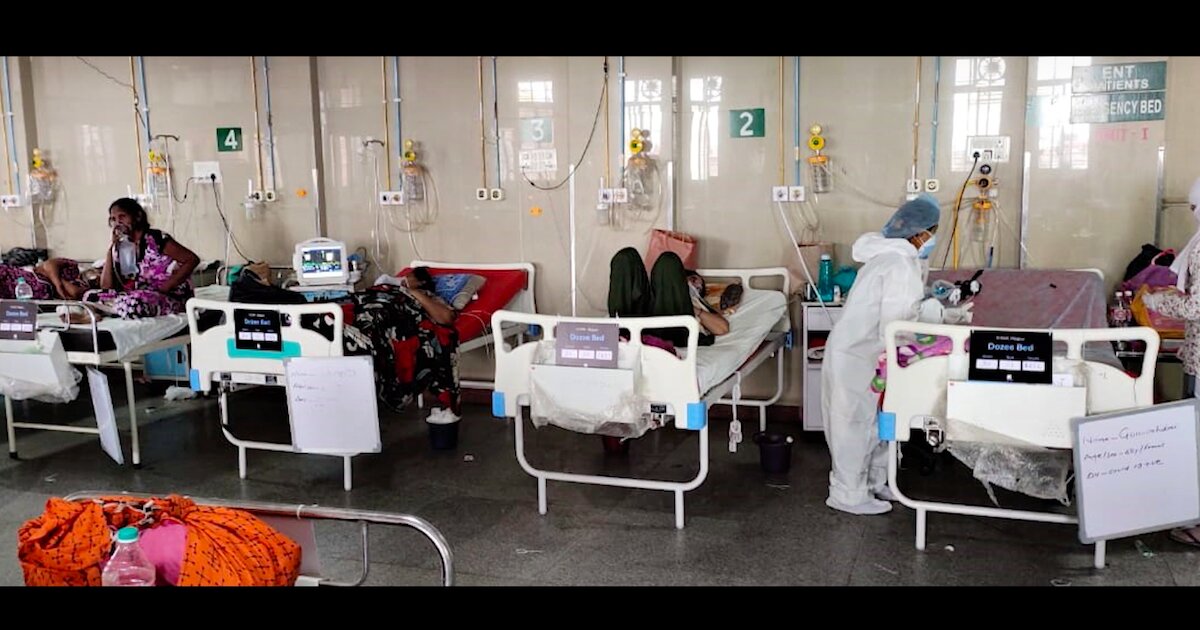With unbundled rates, patients may pay 20 per cent more for hospital care
Prices vary according to demand, with surcharges, for example, for priority use of operating rooms. The government tried to address the issue in 2020, but many hospitals have found ways to unbundle charges into separate fees. Sister Beena, executive director of the Holy Family Hospital, stressed the need for universal health coverage.
New Delhi (AsiaNews) – India’s private healthcare sector is introducing new fees that will increase costs for patients, The Economic Times reports.
Some hospitals are adopting unbundled charges, with prices varying according to demand, plus surcharges for certain procedures like disinfection or priority use of operating rooms.
This could add as much as 20 per cent to total costs, fuelling medical inflation, already at 14 per cent, an experienced insurer explained. “Even routine procedures, such as laparoscopies or hysterectomies, are now being subjected to inflated pricing structures,” they added.
Insurers, usually able to offer complete packages with fixed costs, are now facing unbundled services, with separate charges for procedures previously included in standard packages.
For example, the charge for angioplasty, which was once part of a comprehensive package that included angiograms and stents, is now broken down into each procedure.
Palaniappan Chidambaram, a former Union Minister of Finance (2012-2014), has criticised this practice, saying that access to operating rooms should be determined by medical urgency, not ability to pay.
Urging the government to intervene, on X he wrote: “Hospitals are not [an] aircraft. Surge pricing by airlines is bad enough; if hospitals adopt this practice, it will be anti-consumer and anti-poor.”
Set up in 2020, the Insurance Regulatory and Development Authority of India (IRDAI) tried to address the problem by establishing clear guidelines for charges, but many hospitals have found ways to circumvent the regulation by dividing costs under different rubrics.
“While hospitals justify these new charges under the guise of improving care or operational efficiency, insurers and patients are left wondering how to keep up,” said a health insurance executive.
Speaking to AsiaNews, Sister Beena, executive director of the Holy Family Hospital,[*] stressed the need for universal health coverage (UHC), to provide “affordable, quality healthcare to all people.”
In India, there is a stark disparity between urban and rural areas. Although 78 per cent of the population lives in the countryside, only 2 per cent of healthcare workers are available in these areas, and government-funded health insurance schemes often run into problems.
India’s healthcare system is mixed. Among private operators, non-profit organisations do not receive enough attention, while other private facilities are profit-oriented, Sister Beena said.
“This is not only a damaging health risk to the individuals concerned and their communities, it is a significant impediment to further social development and economic growth,” noted the executive director of the Holy Family Hospital, which is run by the Ursulines of Mary Immaculate.
As India can expect its population, now at 1.4 billion, to grow further, Sister Beena stressed the importance of boosting public spending on healthcare, digitising systems, and strengthening public-private cooperation, especially with non-profit organisations that provide accessible health services.
In Sister Beena’s view, “For the Universal Health Coverage to be a success in India, we need to strengthen Public-Private Partnership (PPP) by way of governmental support to the existing healthcare facilities.”
[*] The hospital was founded in 1942, and currently has 268 beds.
10/01/2007







.png)










